-
×
 You Are Too Gifted To Be Poor
1 × ₦2,000.00
You Are Too Gifted To Be Poor
1 × ₦2,000.00 -
×
 Understanding Power & Accomplishing Purpose
3 × ₦2,500.00
Understanding Power & Accomplishing Purpose
3 × ₦2,500.00 -
×
 Girl Courageous
1 × ₦2,500.00
Girl Courageous
1 × ₦2,500.00 -
×
 The Success Principles
1 × ₦17,500.00
The Success Principles
1 × ₦17,500.00 -
×
 The parrot in my head
1 × ₦2,000.00
The parrot in my head
1 × ₦2,000.00 -
×
 Destined for War: can America and China escape Thucydides's Trap?
1 × ₦18,500.00
Destined for War: can America and China escape Thucydides's Trap?
1 × ₦18,500.00 -
×
 Funny Men Cannot Be Trusted By Tolu Akinyemi
2 × ₦8,200.00
Funny Men Cannot Be Trusted By Tolu Akinyemi
2 × ₦8,200.00 -
×
 The Secrets to your win
1 × ₦2,500.00
The Secrets to your win
1 × ₦2,500.00 -
×
 Dead Dogs Don't Bark
1 × ₦4,500.00
Dead Dogs Don't Bark
1 × ₦4,500.00 -
×
 The Sun and Her Flowers
1 × ₦19,000.00
The Sun and Her Flowers
1 × ₦19,000.00 -
×
 Chinua Achebe: Collected Poems
1 × ₦18,000.00
Chinua Achebe: Collected Poems
1 × ₦18,000.00 -
×
 Sea Prayer
1 × ₦17,000.00
Sea Prayer
1 × ₦17,000.00 -
×
 The Missionary Position: Mother Teresa in Theory and Practice
1 × ₦5,000.00
The Missionary Position: Mother Teresa in Theory and Practice
1 × ₦5,000.00
Unlike the wars in Vietnam and Iraq, the US invasion of Afghanistan in 2001 had near-unanimous public support. At first, the goals were straightforward and clear: to defeat al-Qaeda and prevent a repeat of 9/11. Yet soon after the United States and its allies removed the Taliban from power, the mission veered off course and US officials lost sight of their original objectives.
Distracted by the war in Iraq, the US military became mired in an unwinnable guerrilla conflict in a country it did not understand. But no president wanted to admit failure, especially in a war that began as a just cause. Instead, the Bush, Obama, and Trump administrations sent more and more troops to Afghanistan and repeatedly said they were making progress, even though they knew there was no realistic prospect for an outright victory.
Just as the Pentagon Papers changed the public’s understanding of Vietnam, The Afghanistan Papers contains startling revelation after revelation from people who played a direct role in the war, from leaders in the White House and the Pentagon to soldiers and aid workers on the front lines. In unvarnished language, they admit that the US government’s strategies were a mess, that the nation-building project was a colossal failure, and that drugs and corruption gained a stranglehold over their allies in the Afghan government. All told, the account is based on interviews with more than 1,000 people who knew that the US government was presenting a distorted, and sometimes entirely fabricated, version of the facts on the ground.
| Cover | Hardback |
|---|---|
| Pages | 368 |
| Author | Craig Whitlock |
Be the first to review “The Afghanistan Papers: A Secret History of the War” Cancel reply
You may also like…
Related products
₦7,000.00 – ₦15,000.00Price range: ₦7,000.00 through ₦15,000.00
This product has multiple variants. The options may be chosen on the product page


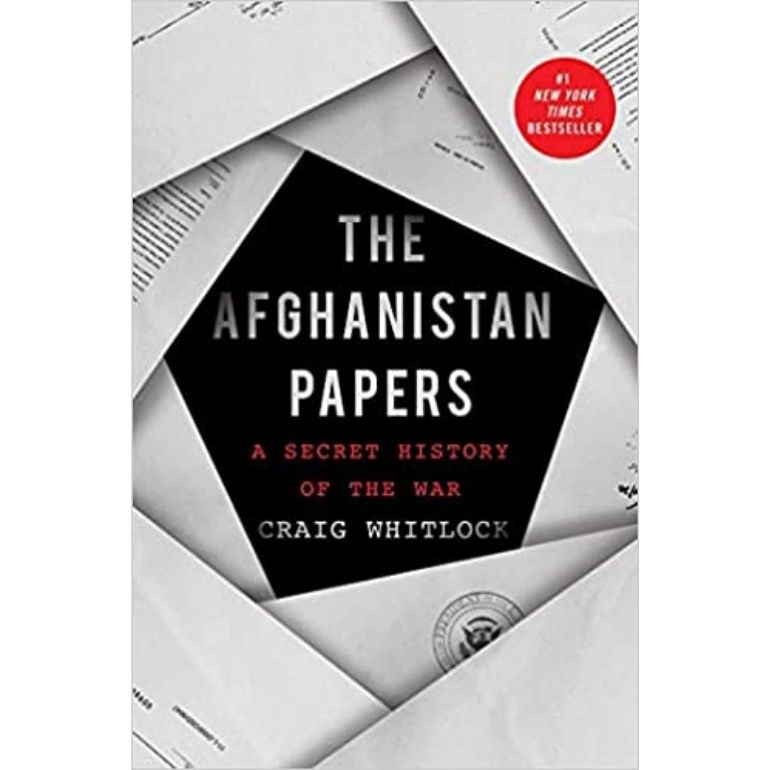
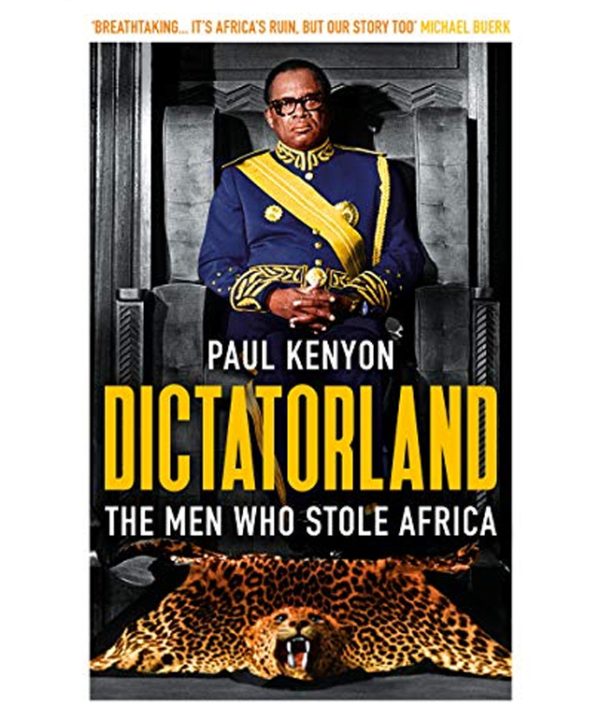

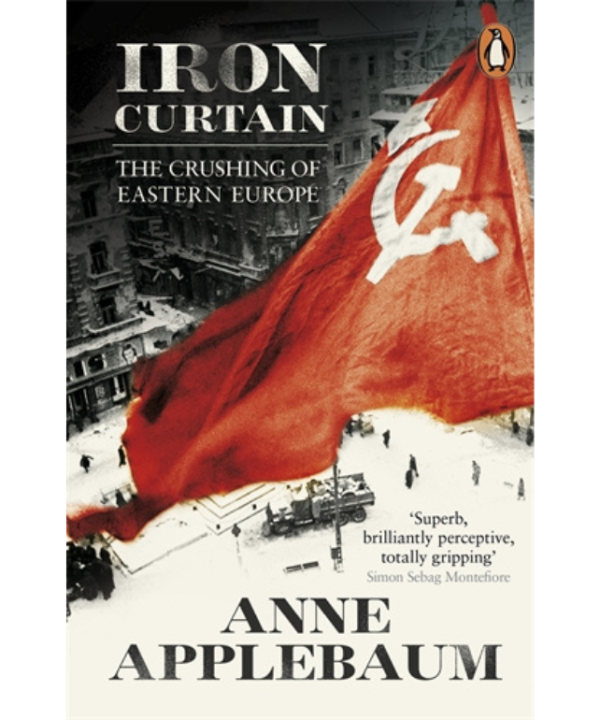




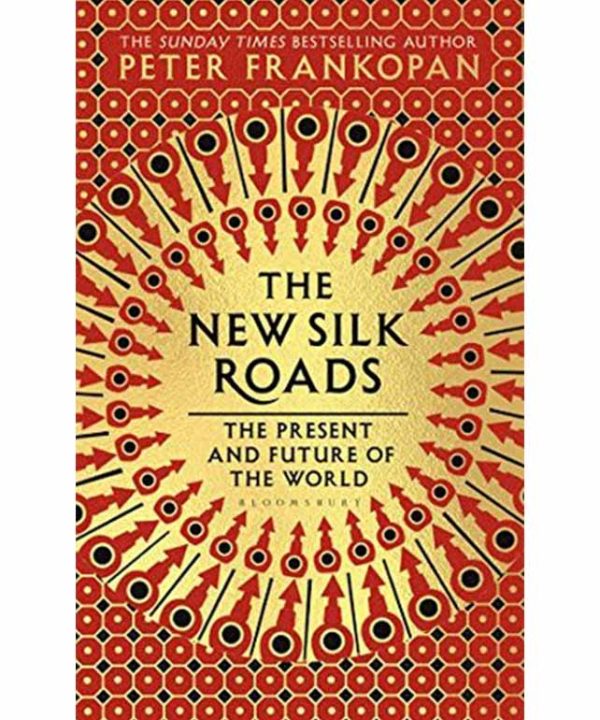

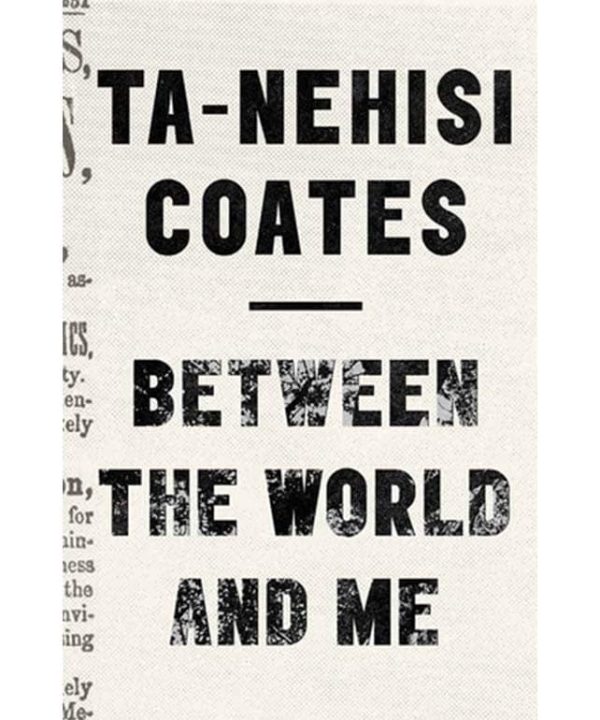

Reviews
There are no reviews yet.